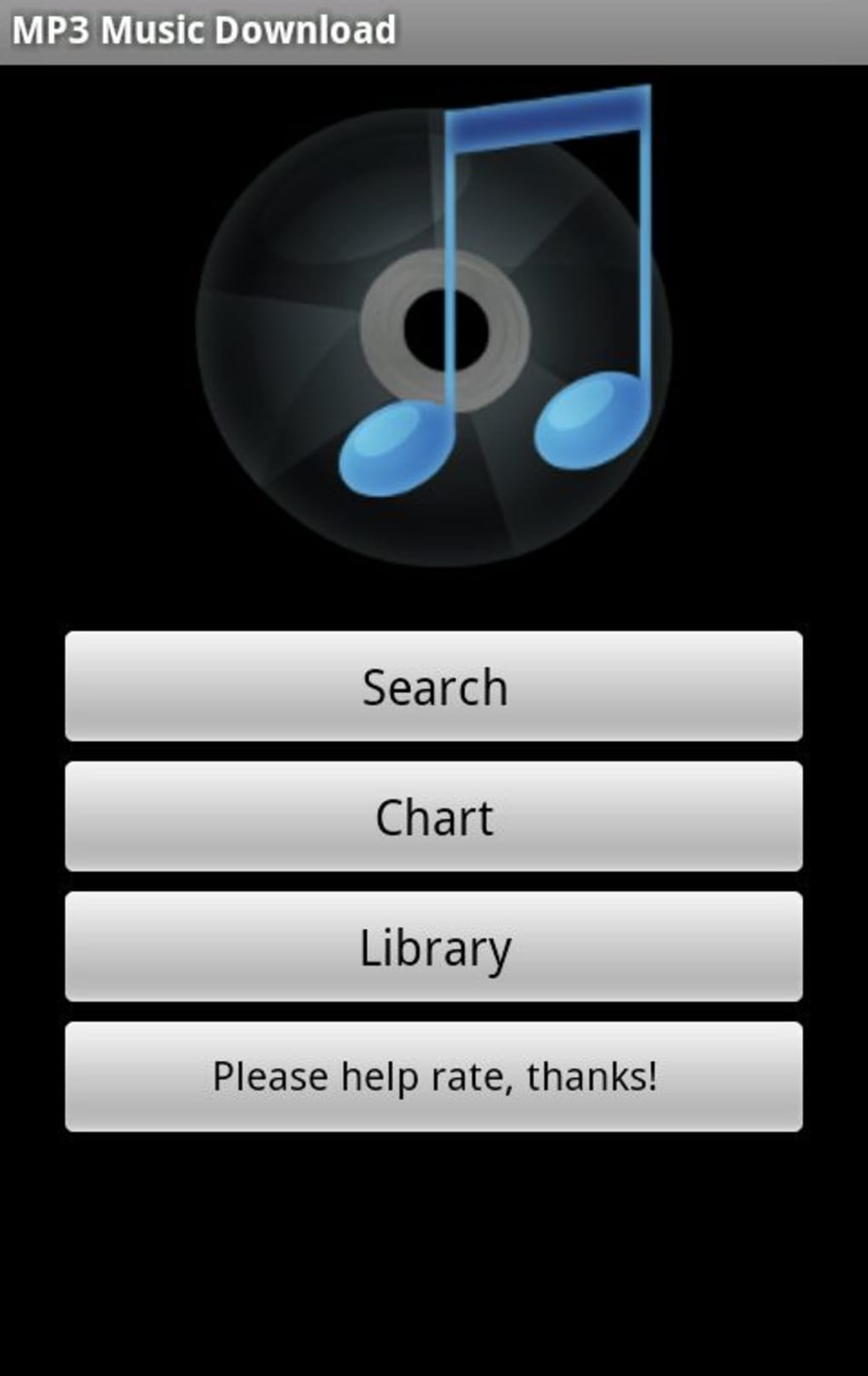

The three coauthors start by detailing how the concept of intersectionality further developed within a US context and follow this with two cases in which intersectionality can be extended. Therefore, the concept comes out of a deep questioning of women’s movements that overlook how hierarchies and structures of oppression work in the struggle for, and in the claiming of, the empowerment of ‘women’. more In this chapter, focused on the concept of intersectionality, we first define and contextualize the concept of intersectionality through its history of Black Feminist interventions in mainstream US feminism. In this chapter, focused on the concept of intersectionality, we first define and contextualize t.

She looks at Microfinance online, digital financialization to P2P lending and borrowing based in social media practices, marketing, philanthropy and neoliberal entreprenuershipĢ] DIY hand/fiber/crafting communities with a focus on “women’s work”, value and tacit practices/contributions in transitioning economic times through an (auto)ethnographic focus on craft communities (book in-progress - Tangled Yarn, Tangled Wires).ģ] (South Asian) Migrants, digital diasporas and everday Technologies (book in progress). She is currently working on interrelated projects-ġ] The unpacking of the concept of "digital subaltern" in relation to dataization and globalization at the encounter between NGOization, Digital Financialization and IT ization of everyday work and leisure. She is also a member of the Fembot Collective and FemTechnet (having been part of a core team that developed the beta versions of the DOCC nodal teaching model now continuing) and is co-editor (with Carol Stabile) of “ADA: Journal of Gender, New Media and Technology.”

She has co-edited collections on Cyberfeminism 2.0 (2012), Global Media Culture and Identity (2011), South Asian Technospaces (2008) and Webbing Cyberfeminist Practice (2008). She has published books on Cyberculture and the Subaltern (Lexington Press, 2012) and Cyberselves: Feminist Ethnographies of South Asian Women was published (Altamira, 2004). Her home institution is Bowling Green State University, Ohio where she is Professor of Media and Communication (joint appointed faculty in American Culture Studies - previously Director of American Culture Studies and prior to that Interim Director of Women's Studies) at Bowling Green State University. She was Fulbright Scholar/Professor of Digital Culture at University of Bergen for the AY 2015-2016. Is Professor in Media and Communication and in American Culture Studies Radhika Gajjala (PhD, University of Pittsburgh, 1998)


 0 kommentar(er)
0 kommentar(er)
